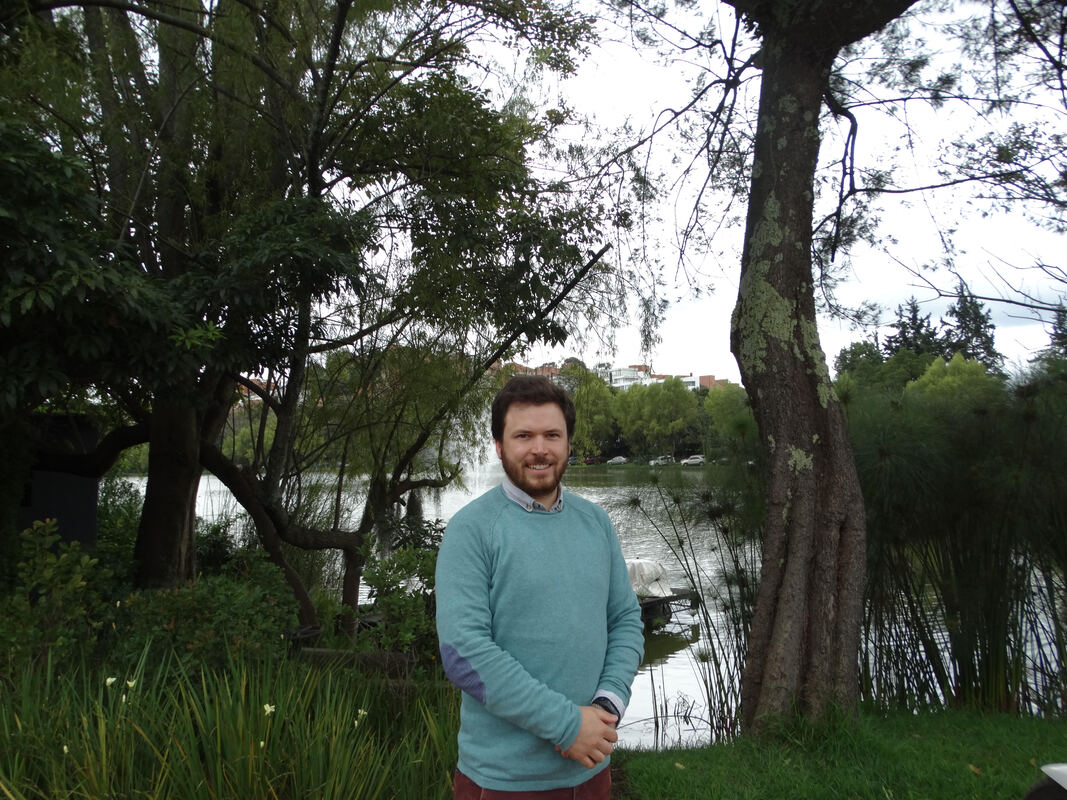For me, in general terms, it means the science to understand dual regulation (biota-hydrology interaction) in the socio-ecological systems to improve quality of life by increasing resilience of the whole system to further impacts. Ecohydrology allows an analysis from different scales.
What are your undergraduate and graduate degrees in?
I obtained my degree on Ecology from Javeriana University, Colombia. Then the MSc International Land and Water Management from Wageningen University, The Netherlands.
How did you arrive at working in/thinking about ecohydrology?
During an internship of the MSc in the groundwater department of the UNESCO IHP I learned about the Ecohydrology programme. Since then, I started little by little to understand why the study of Ecology and then its relation with land and water is so important and feasible to apply as management tool.
What do you see as an important emerging area of ecohydrology?
I wrote a book with other colleagues and described the applications of ecohydrology in a South American country. Since that experience, I visualize the importance of ecotones, nature fluxes, rainwater management, urban ecohydrology, as main areas of research in the near future.
Do you have a favorite ecohydrology paper? Describe/explain.
I have been reading many papers on ecohydrology, most of them from the Ecohydrology and Hydrobiology Journal, but one paper from other journal, capture my attention: Homogenization of the terrestrial water cycle of Levia et al, (2020) in Nature . It describes the ecohydrological perspective from a different angle, specially why the policymakers and practitioners must consider water–vegetation interactions in their land-management decisions. For me, this means that this paper opens a new conversation among other professionals, not only the people working with ecohydrology. I believe this is very important to disseminate the ecohydrology concept.
What do you do for fun (apart from ecohydrology)?
I like outdoor landscapes and try to spend some weekends with my family out there. During weekdays I do cycling uphill to the “Alto de Patios (3035 m.a.s.l.)” once a week.

 RSS Feed
RSS Feed